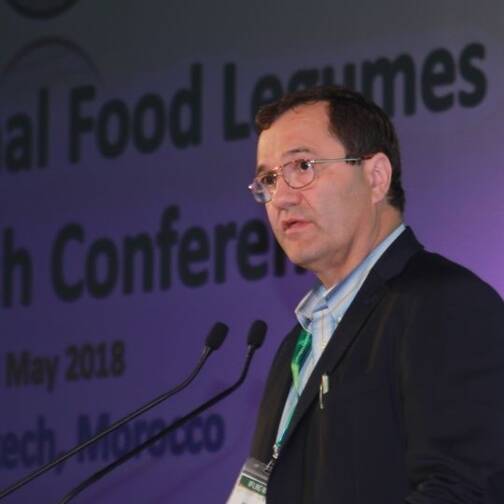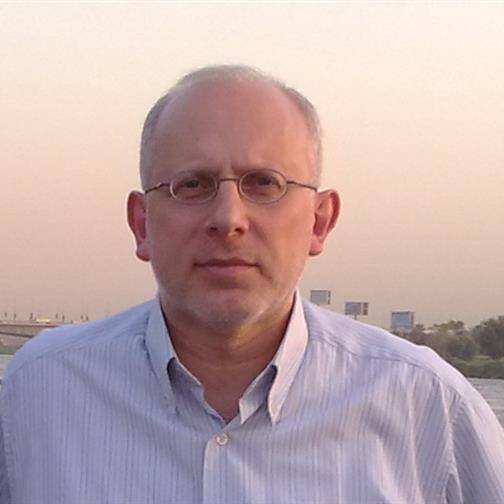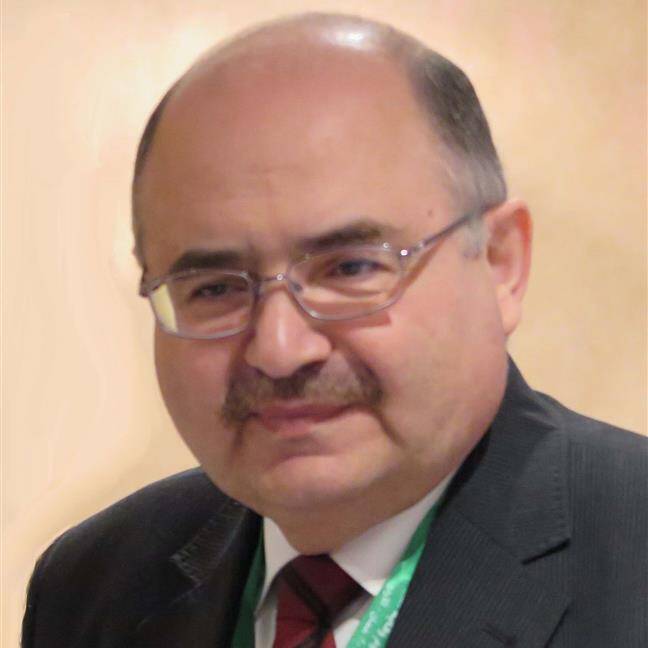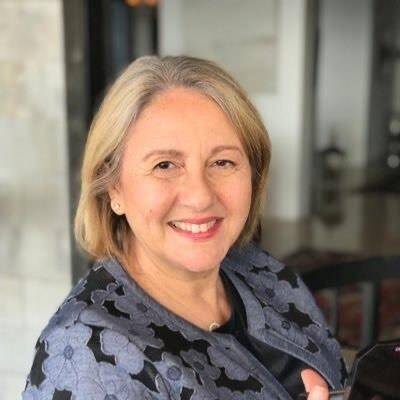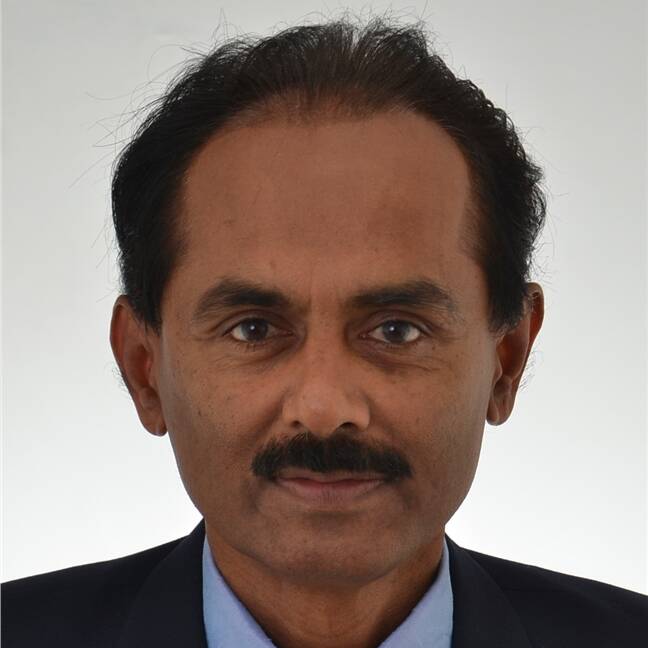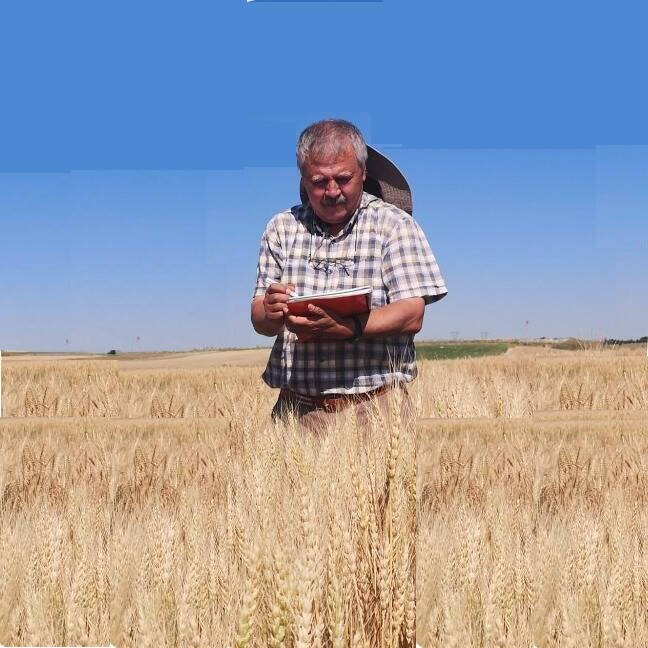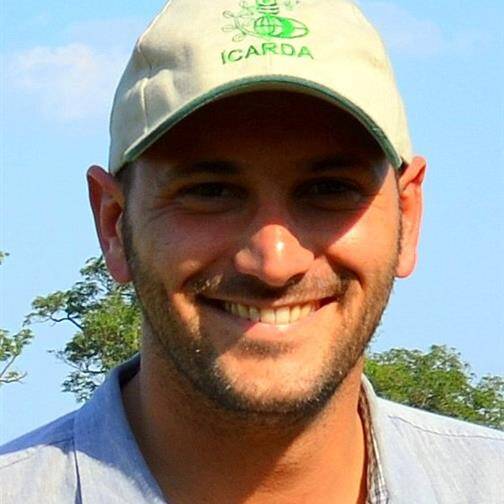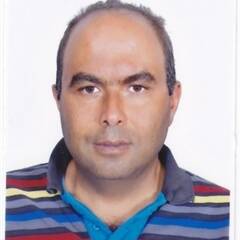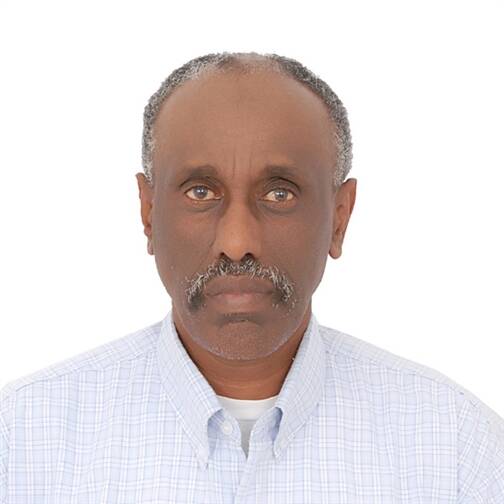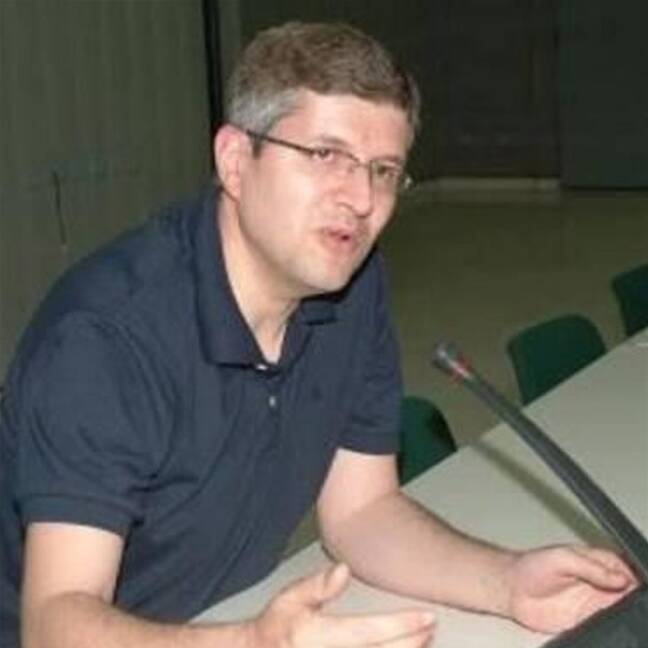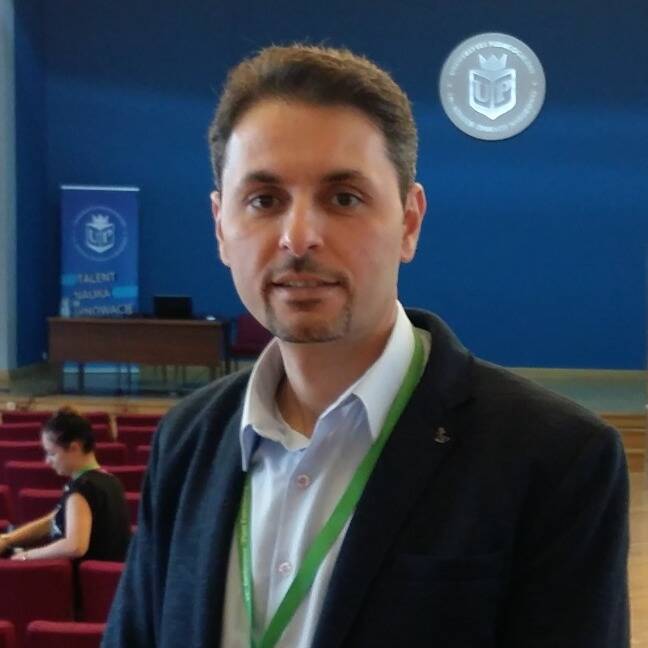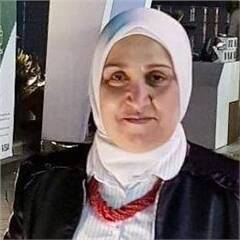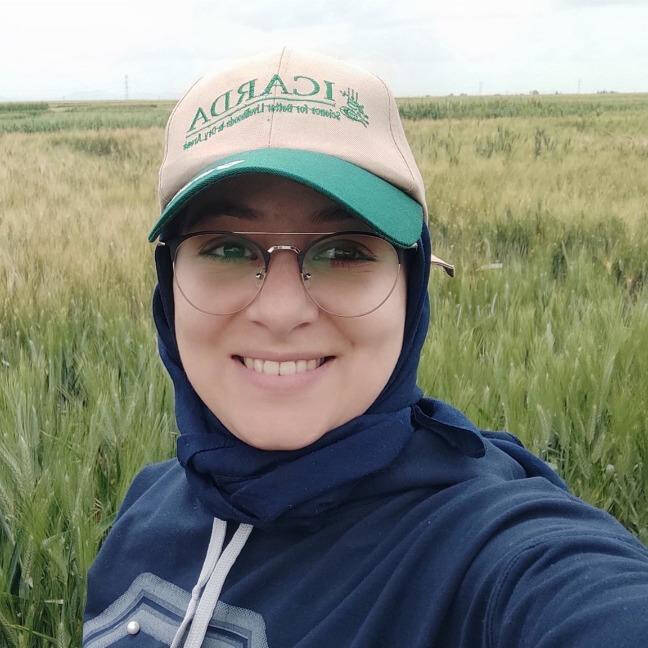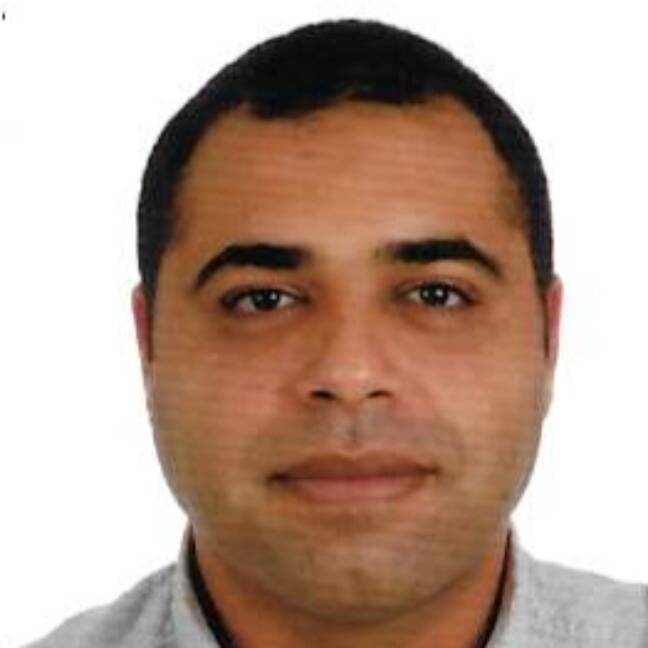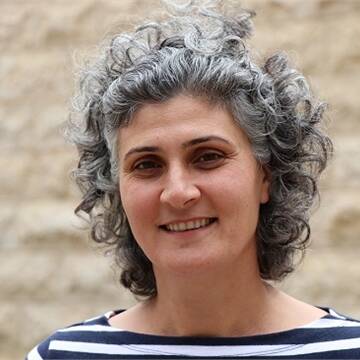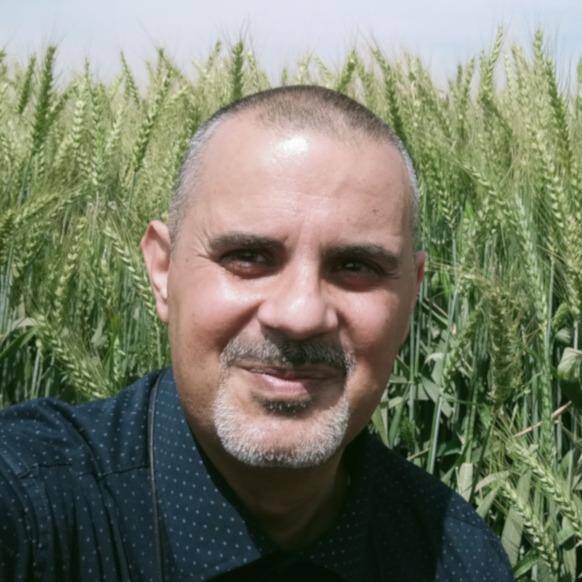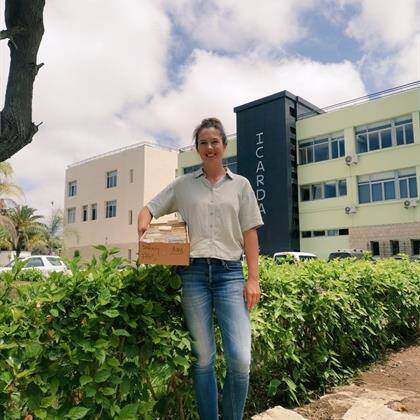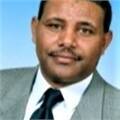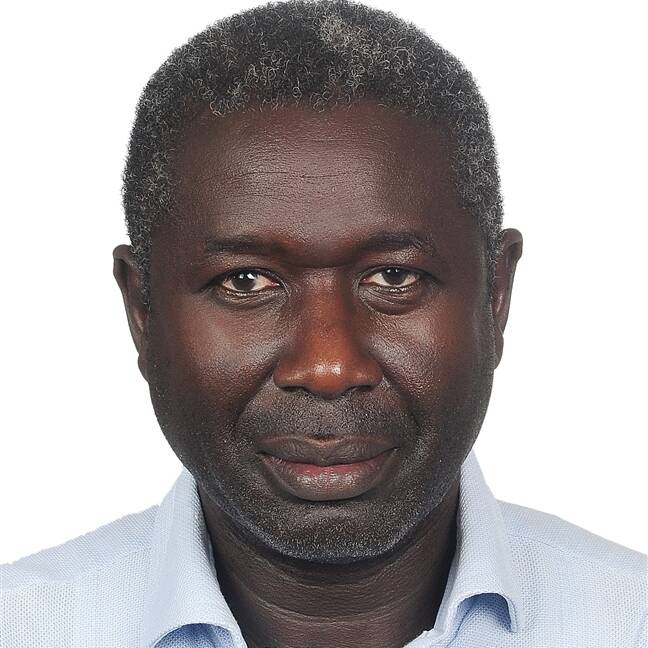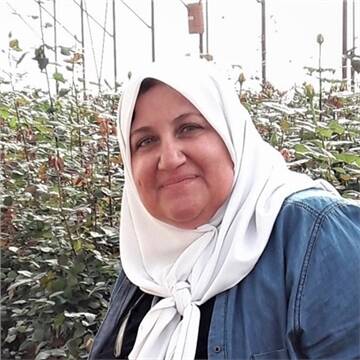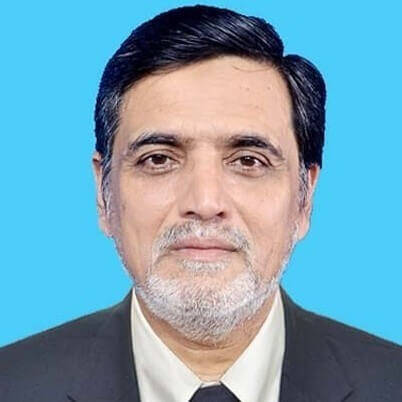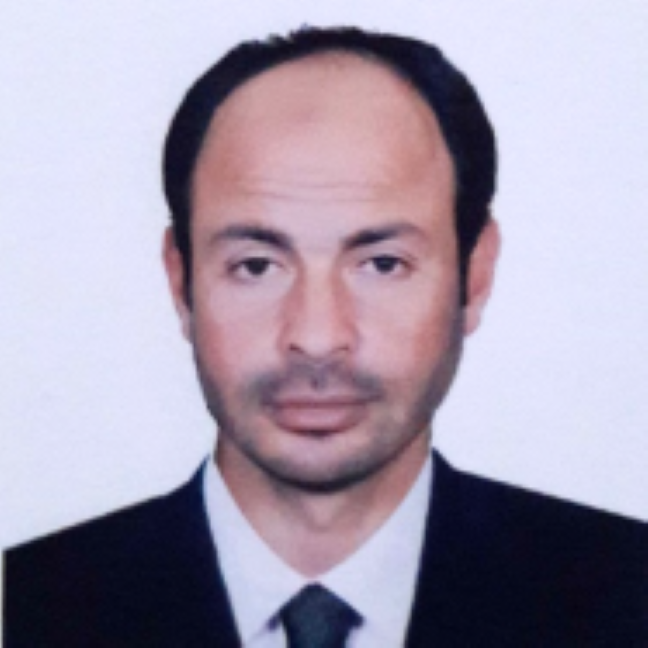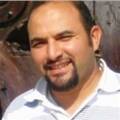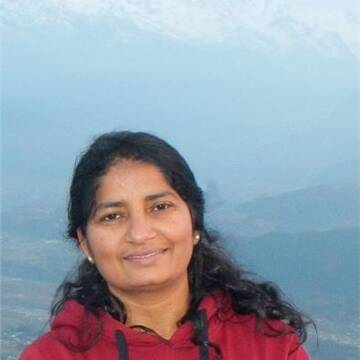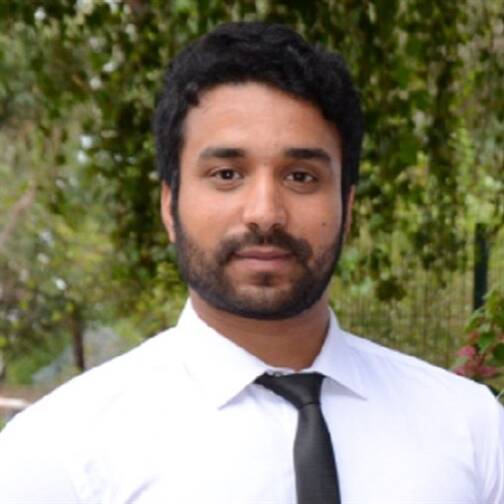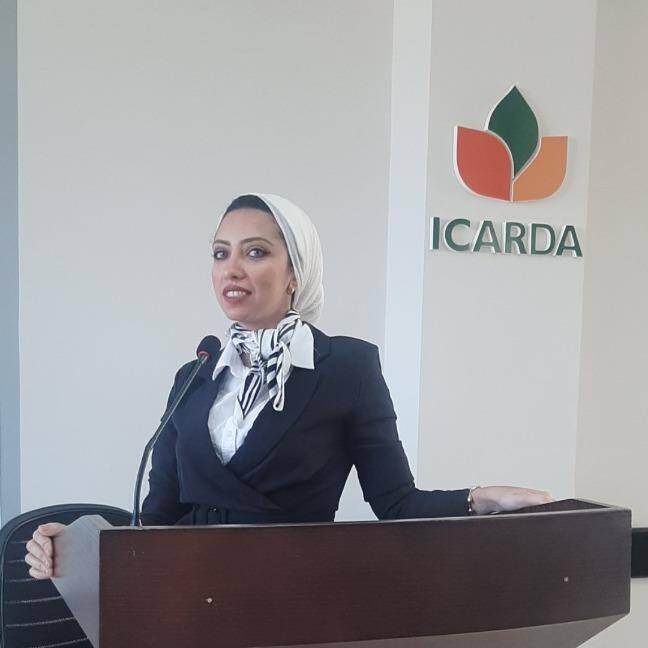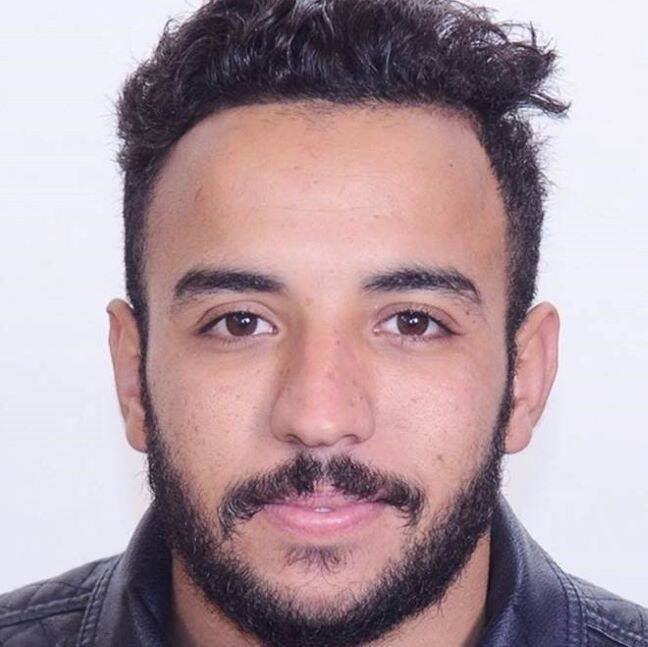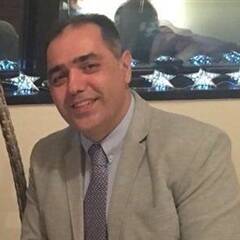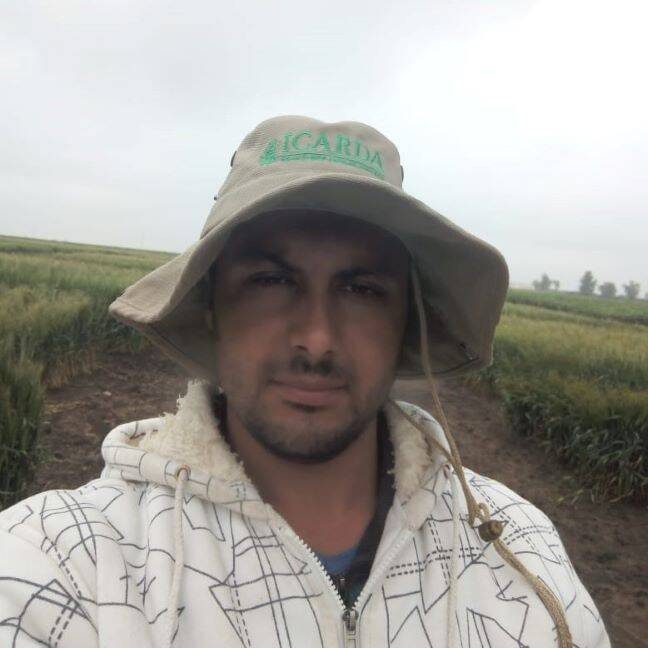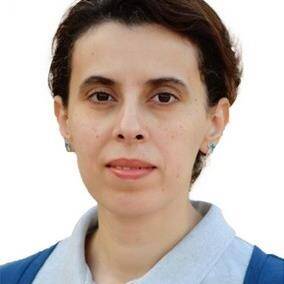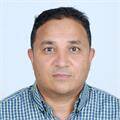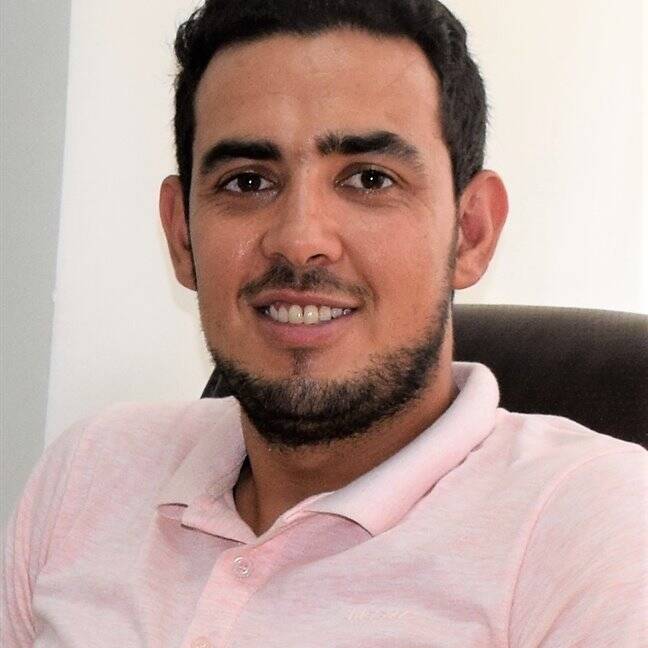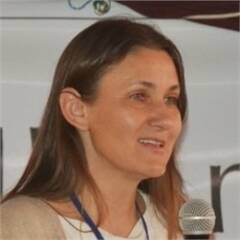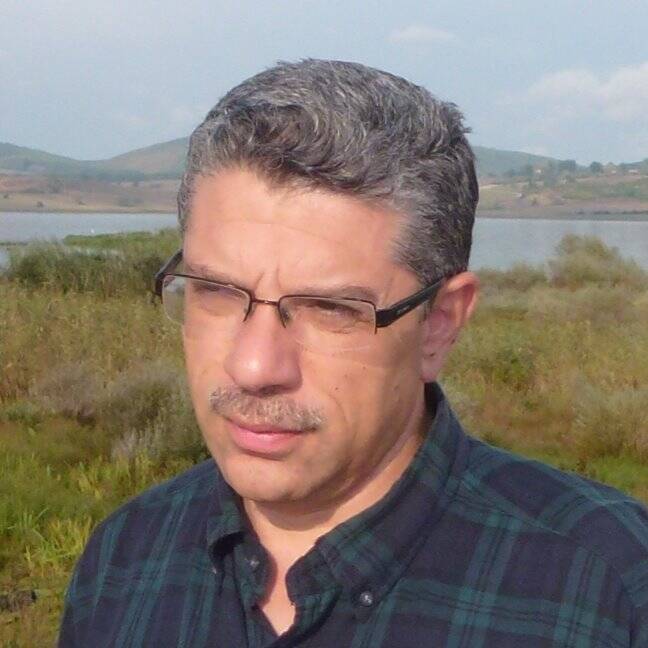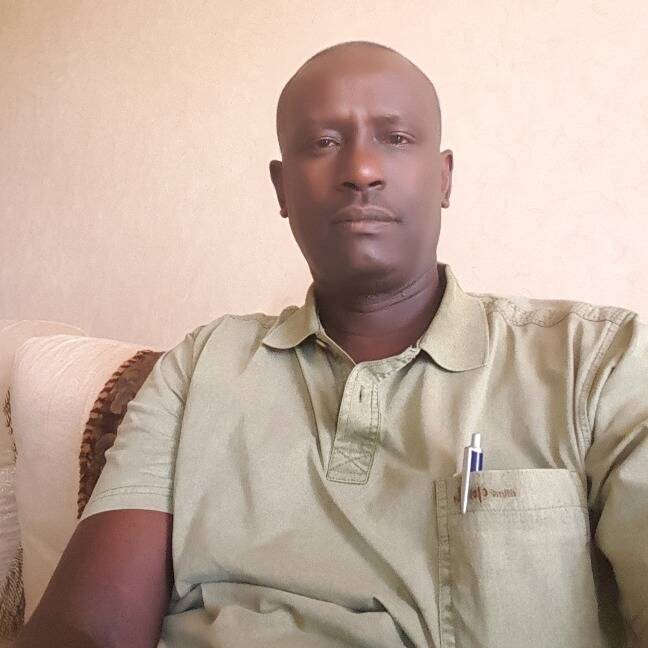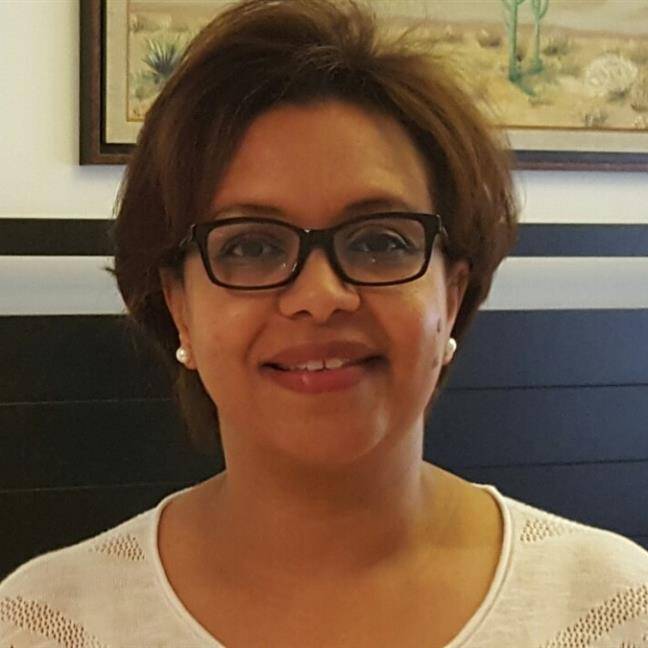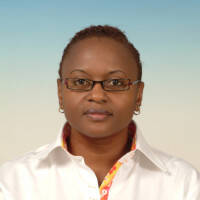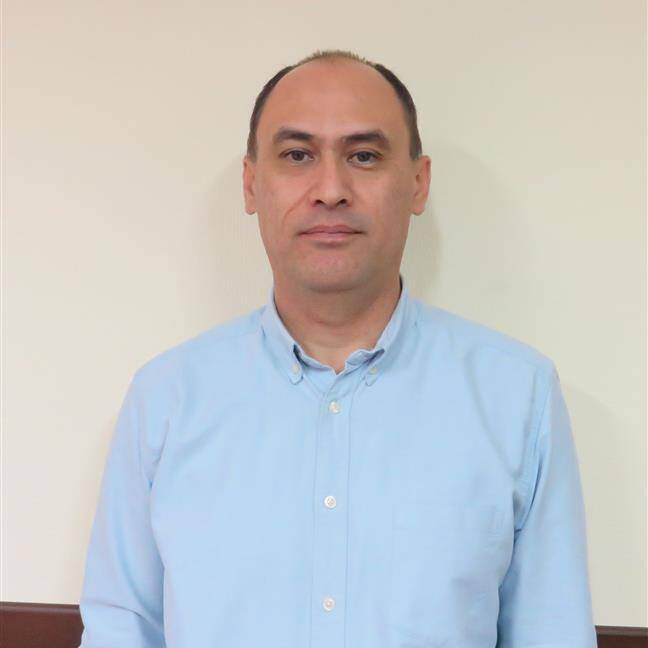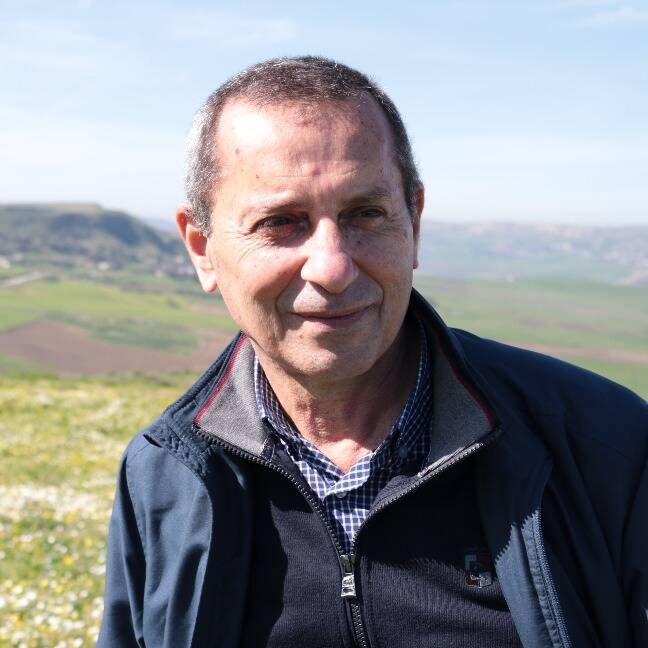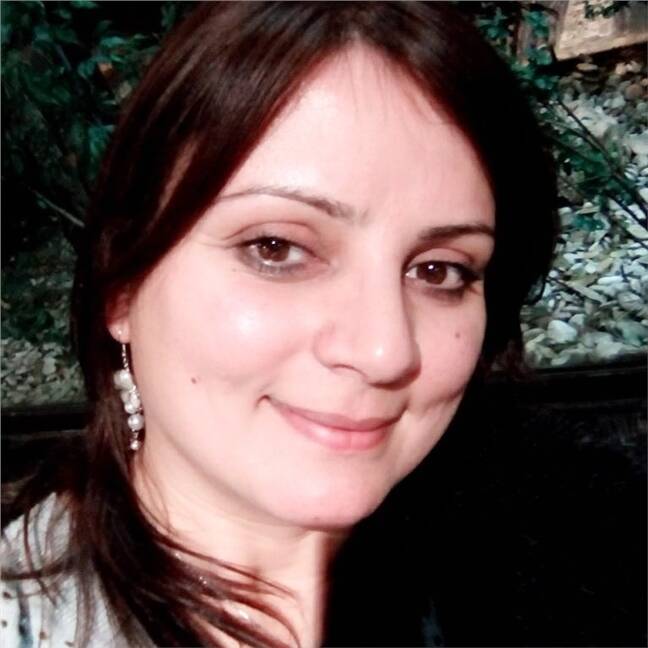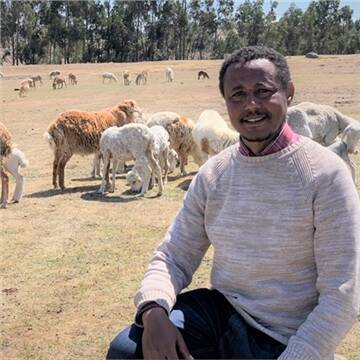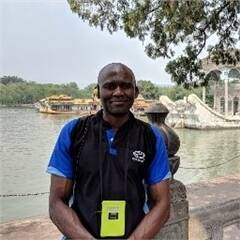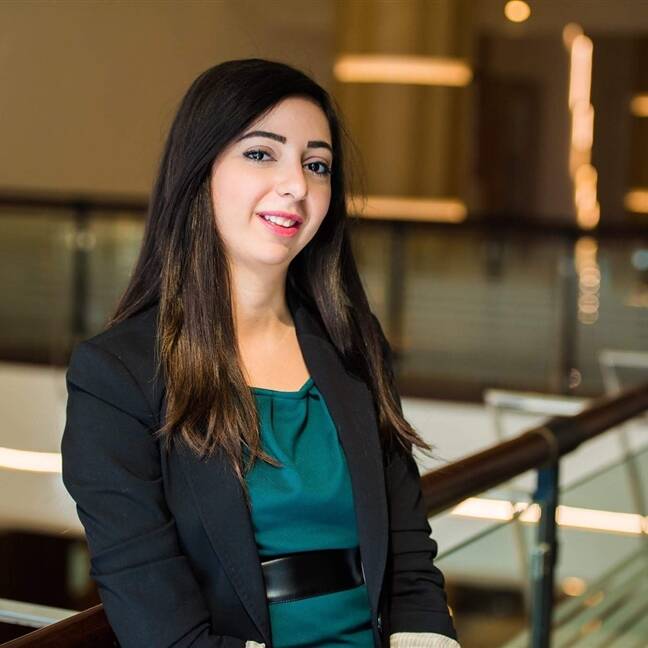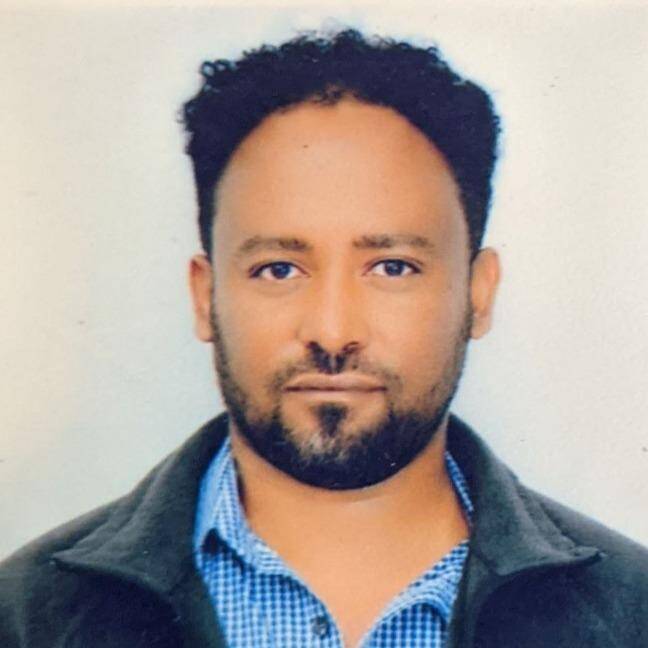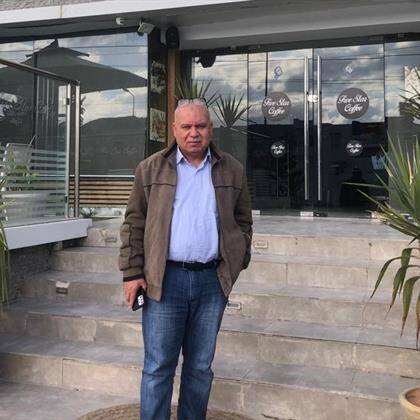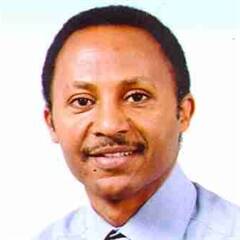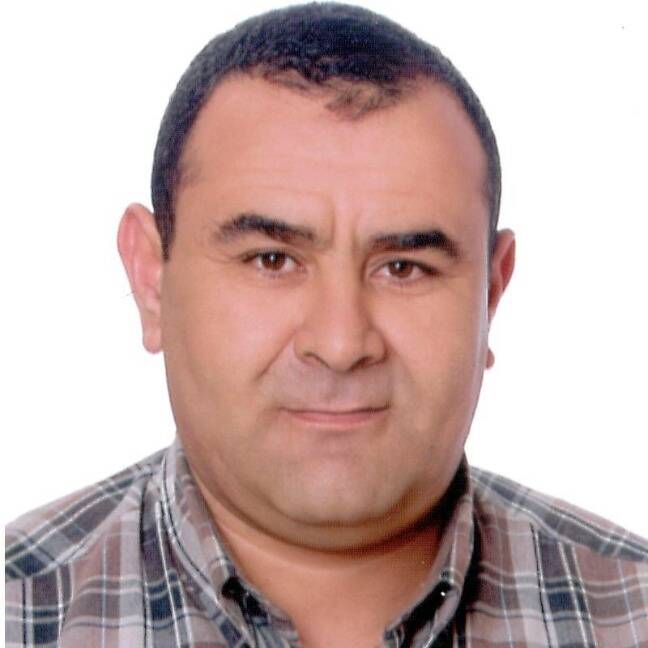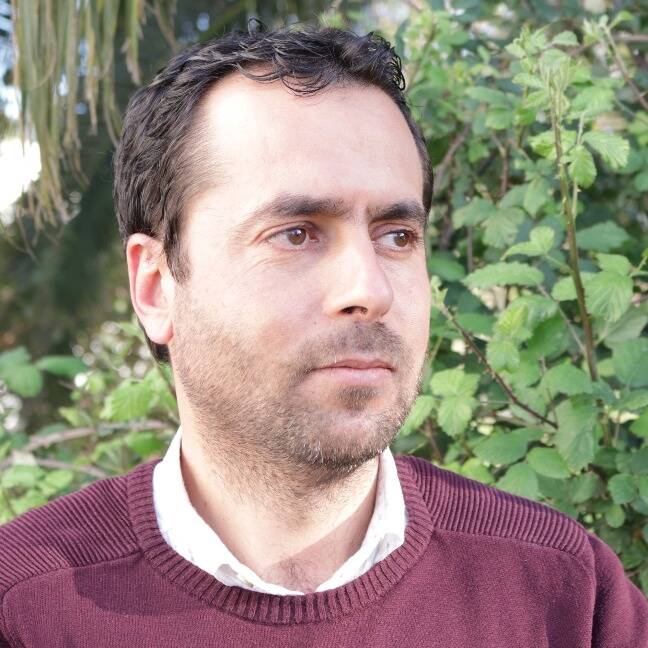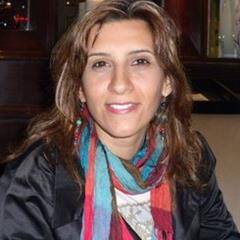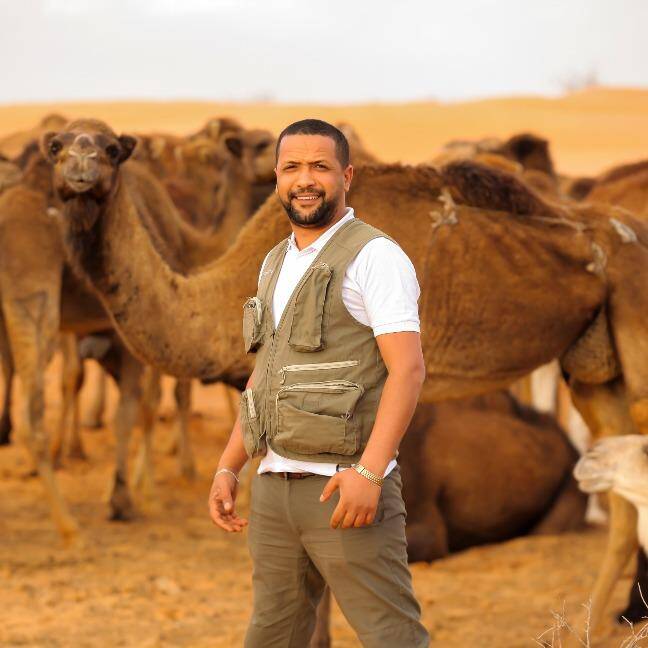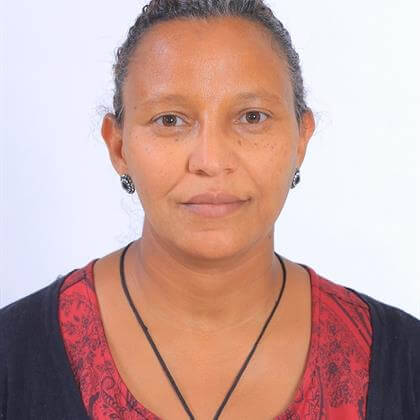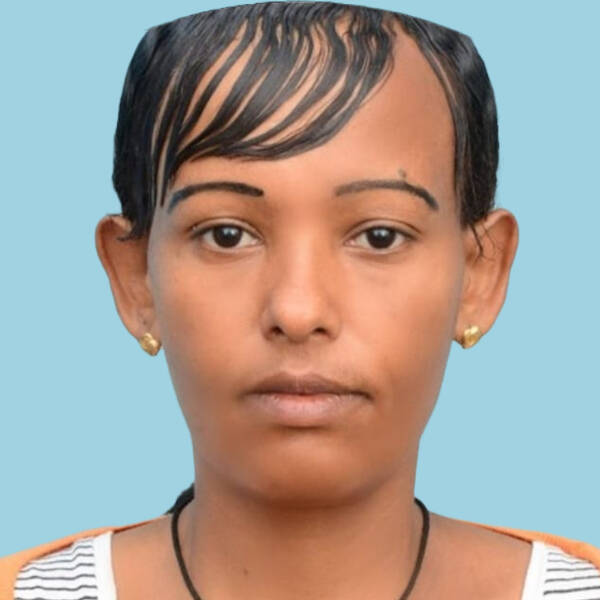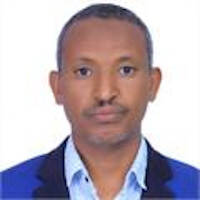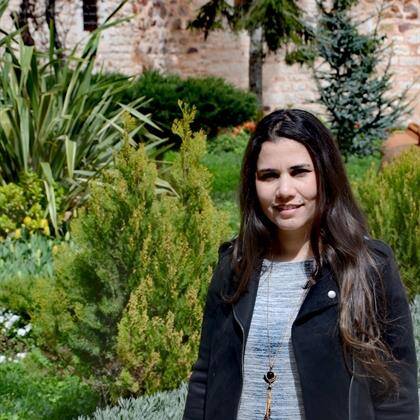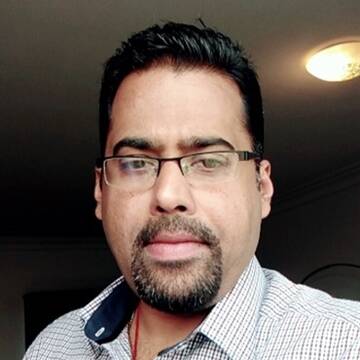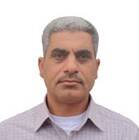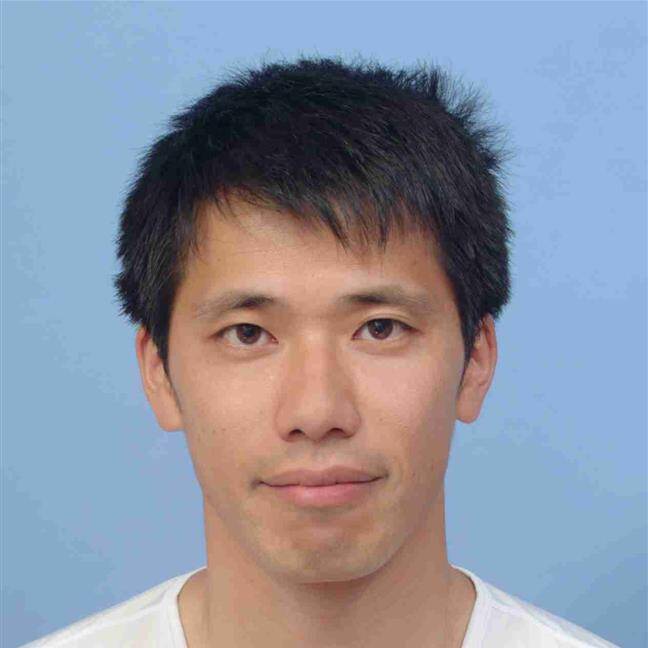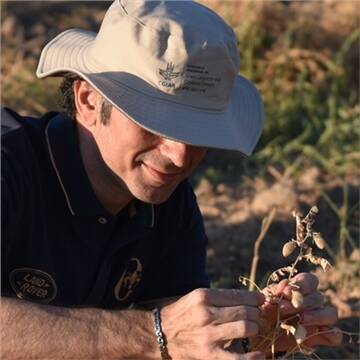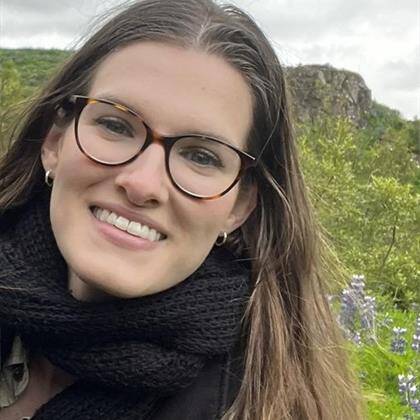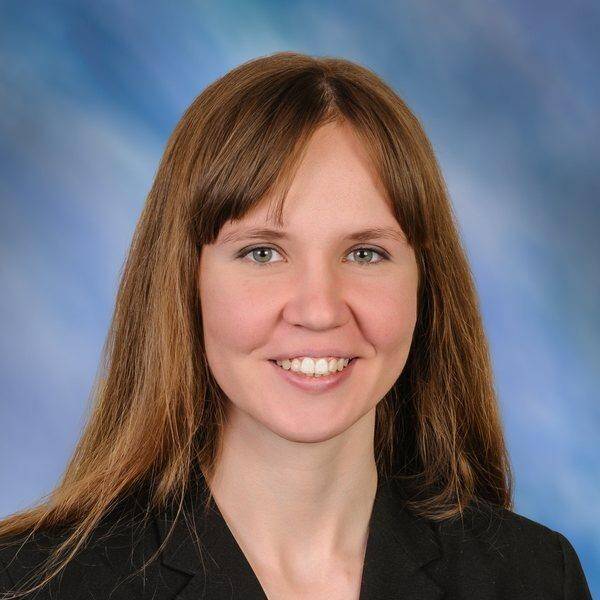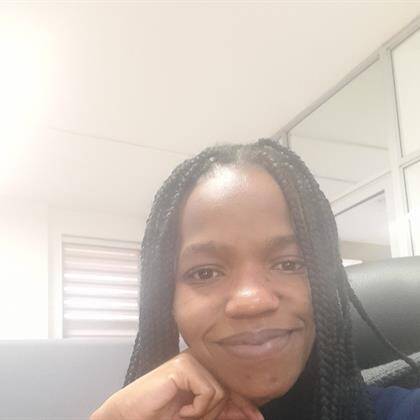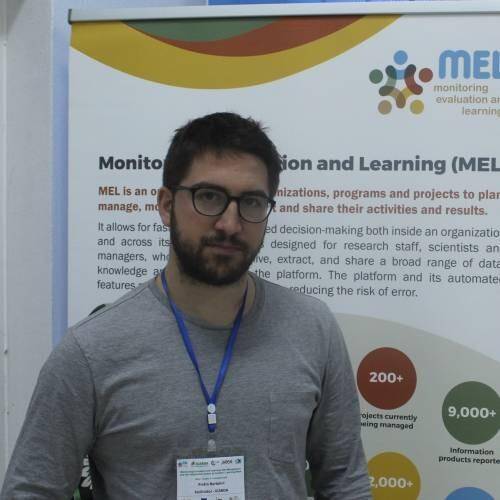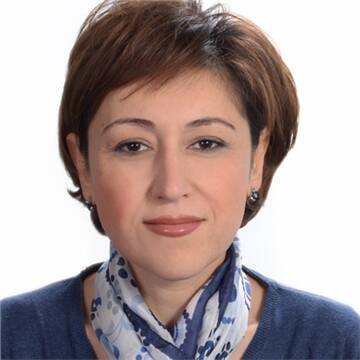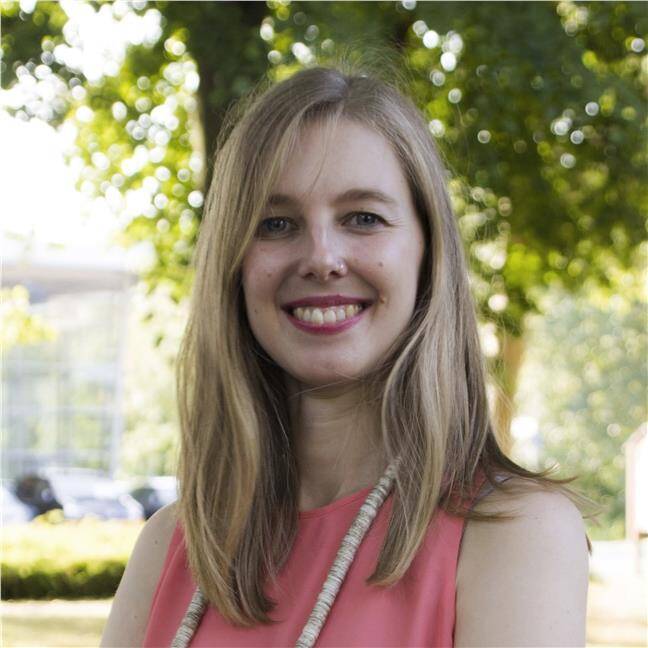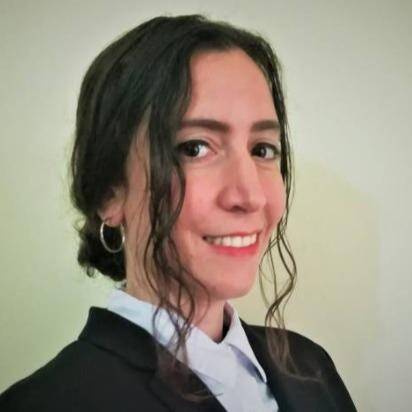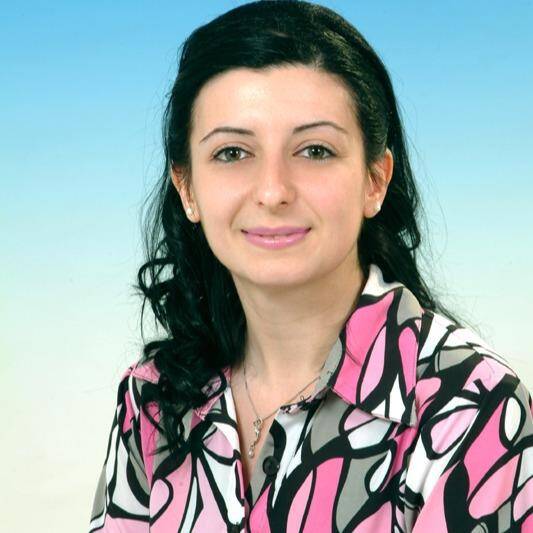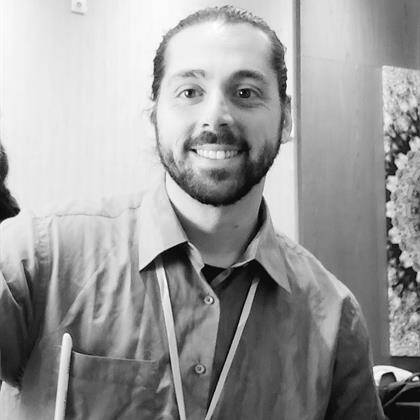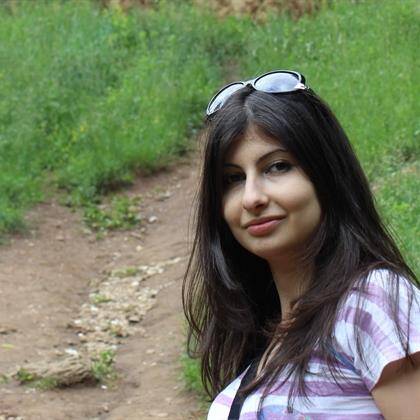Our Research Experts
OFFICE OF THE DEPUTY DIRECTOR GENERAL FOR RESEARCH
Breeding and Scaling Improved Varieties of dryland cereals and pulses
The Breeding Team develop new crop varieties that offer higher, and better-quality yields through improved tolerance and resistance to diseases, insect pests, drought, heat, cold, parasitic weeds, and other stress factors. ICARDA’s climate-smart crops are developed alongside National Agricultural Research Systems country partners and follow CGIAR Excellence in Breeding Platform guidelines.
Breeding and Scaling Improved Varieties of dryland cereals and pulses
GENETIC RESOURCES, CONSERVATION, CHARACTERIZATION, AND USE
The GRS Team plays a crucial global role in conservation and use of dryland genetic resources, making ICARDA a center of excellence for capacity building and technical support on all aspects related to conservation and sustainable use of dryland agro-biodiversity. Core activities include developing and applying best practices for acquisition, pre-breeding, regeneration, conservation, distribution and documentation of genetic resources.
Seed Systems, International Nurseries and Seed Health
The SINH aims at developing a functional pluralistic and inclusive seed system operating across ‘open-borders’ for easy movement of varieties and seeds. It is involved in diverse and broad range of activities that collectively addresses seed system constraints working in an integrated holistic approach with emphasis on emerging challenges in seed sector development.
Seed systems, International Nurseries and seed Health
Soil, Water, And agronomy
The SWA Team conducts research to build resilience and sustainably improve water productivity of rainfed and irrigated production systems in dry areas. We work to diversify and intensify these systems in the face of changing climate by combining soil health management techniques, water-saving technologies, and agronomic practices into contextualized solutions for impact at scale.
Farming with Alternative Pollinators
Farming with Alternative Pollinators (FAP) is an economically self-sustainable approach to protect pollinators in agricultural land. It builds on amelioration of agricultural land by marketable habitat enhancement plants, nesting support for wild pollinators and cross-sector policies. FAP increases productivity per surface and is scalable also in low- and middle-income countries.
Farming with Alternative Pollinators
Resilient Agro-Silvo-Pastoral Systems
The Resilient Agro-Silvo-Pastoral Systems (RASP) team develops integrated innovation packages for livestock-based systems in low rainfall areas to improve livelihoods and increase system resilience. The team conducts research related to small ruminant (sheep and goats) genetics, breeding, feeding and health, dryland forages, rangeland ecology and management and ecosystem restoration.
Social Economy and Policies
The Social, Economy and Policy (SEP) Team plays a crucial role in analyzing the adoption of ICARDA’s innovations and their impact on poverty alleviation, food security, systems resilience and social inclusiveness. The team also works on innovative solutions for more inclusive markets and value chains, natural resource management governance, context-sensitive targeting and scaling of sustainable land and livestock management options and gender transformative approaches.
Geo BigData Driven Digital Augmentation for Sustainable Agro-ecosystems
The GeoAgro Team combines geoinformatics, big data, climate change modelling, mapping farming systems dynamics, and citizen science, to support and accelerate research for development for sustainable agroecosystem solutions that ensure food, nutrition, and ecological security and better livelihoods in the dry areas.
Geo BigData Driven Digital Augmentation for Sustainable Agro-ecosystems
Capacity development UNIT
ICARDA’s Capacity Development Unit (CDU) ensures that our innovations are deployed by the communities we work with, and helps national and international organizations and farmers build the capacity to manage their goals. The CDU works alongside national ministries and local authorities, NGOs, global universities, National Agricultural Research Systems, and the private sector.
Capacity Development
Monitoring, Evaluation and Learning
The Monitoring, Evaluation and Learning (MEL) platform facilitates faster and more informed decision-making for organizations. Designed for input, archiving, extraction, and sharing of a broad range of data, knowledge, and ideas MEL helps stakeholders to plan, manage, monitor, evaluate, report, and share activities and results.

